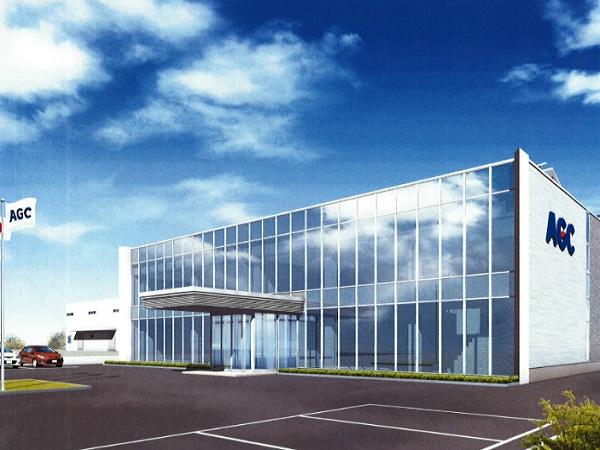
Date: 14 December 2017
With the use of AGC’s energy saving & energy creating products, the new facility is expected to achieve a total energy reduction of 114.7%*2. The construction is scheduled to be completed in December 2018.
With the 2030 greenhouse gas emissions target, which states a 26% reduction from the 2013 level, acceleration of ZEB construction is in an urgent need in Japan.
Under such circumstances, AGC has set the theme of “energy saving and energy creation with AGC products, and started the construction of a ZEB office that creates more energy than it consumes.
In this new building at the Kashima Plant, AGC’s heat-shielding/insulating products help reduce energy consumption while the PV modules on the roof as well as on the window panes create energy.
For the construction of the ZEB office, AGC has been certified for the subsidy of a ZEB-related project from the Shizuoka Environment Resources Association*3.
Overview
Location: 25 Towada, Kamisu-City, Ibaraki prefecture, Japan
Usage: Office building
Total floor area: 1,435 square meters
Floors: 2 stories
ZEB category: ZEB
- Energy-saving performance (estimate) -
| Category | Energy reduction (%) | AGC's products used | |
| Energy saving |
|
Low-E double-glazing "Sunbalance™ Triple Cool", Raw material for heat-insulating urethane foam "Excenol™" |
|
| Energy creation | 64.3% | Glass-integrated PV module "Sunjoule™ SUDARE" | |
| Total energy reduction | 114.7% | *Reduction rate (%) as compared with the standard primary energy consumption |
Under the management policy AGC plus, the AGC Group will continue to contribute to environmentally-friendly buildings by developing and offering products that provide safety and comfort.
| *1 | Zero Energy Building (ZEB): Buildings intended to offset the primary energy consumption per year through energy saving and use of renewable energy. There are three categories depending on the percentage of primary energy consumption: ZEB, Nearly ZEB, and ZEB Ready. |
- Definition of ZEB categories -
| Category | Definition |
Designed primary energy consumption/standard primary energy consumption
|
Energy creation method | |
| Without energy creation |
Including energy creation
|
|||
| ZEB | Building with the annual primary energy consumption of net zero or below | 50% and above | 100% and above | Including energy for sale (energy creation facilities shall be set up within the premises). |
| Nearly ZEB |
Building with the annual primary energy consumption of nearly zero while satisfying the conditions for ZEB Ready.
|
75% - less than 100% | ||
| ZEB Ready | Building equipped with high-efficient heat insulating and energy saving facilities and equipment | 50% – less than 75% |
| *2 | The amount of energy reduction as compared with the standard energy consumption (i.e. A total amount of energy consumption, including air-conditioning, ventilation, hot water supply, elevators, for each region, building/room-type as designated in the 2016 energy saving standard). |
| *3 | The ZEB-related project is led by the Shizuoka Environment Resources Association under the Ministry of the Environment of Japan. |
Product reference
AGC’s energy-saving and energy-creating products used in the office building
- Low-E double-glazing "Sunbalance™ Triple Cool"
Product website: https://www.asahiglassplaza.net/products/triplecool/ (in Japanese only) - Raw material for heat-insulating urethane foam "Excenol™"
Product website: http://www.agc-chemicals.com/jp/en/products/detail/index.html?pCode=JP-EN-U004 - Glass-integrated PV module "Sunjoule™ SUDARE"
Product website: https://www.agc-gk.com/bldg/products/sunjoule/ (in Japanese only)
 600450
600450

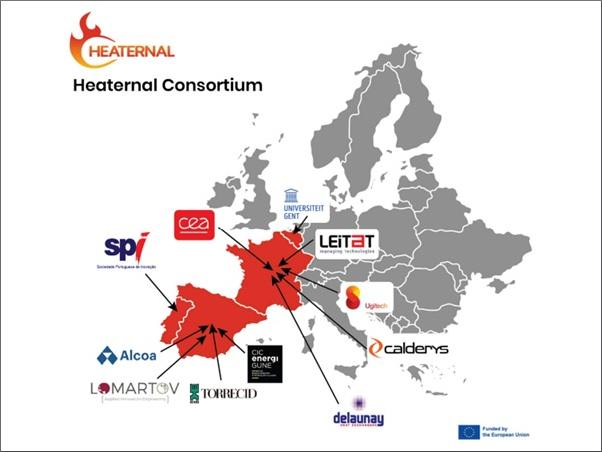
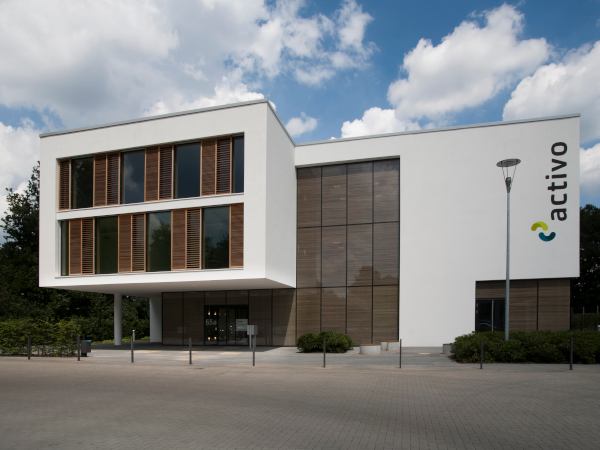
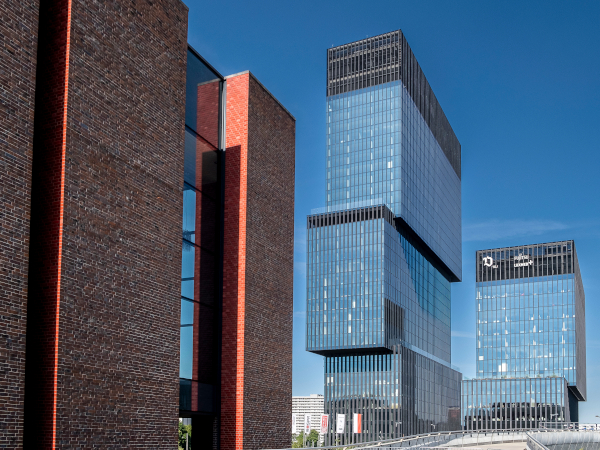
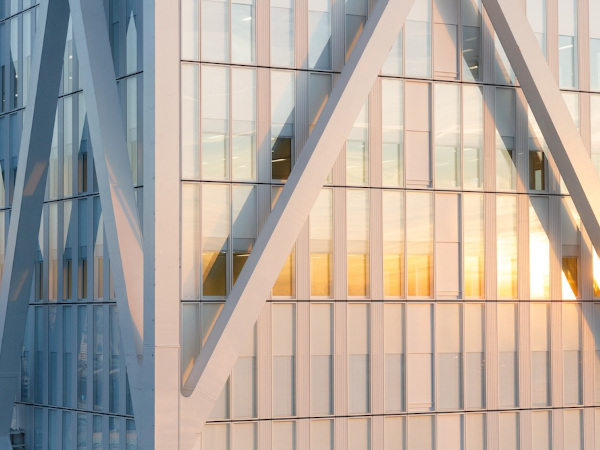
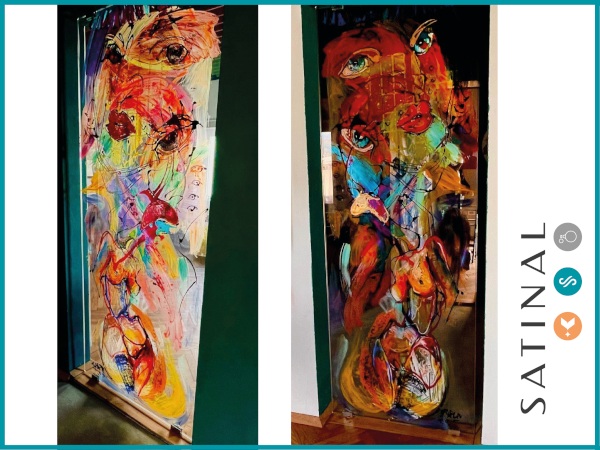






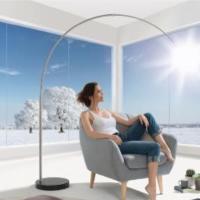
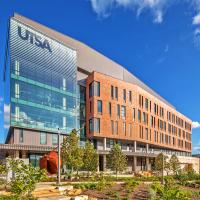

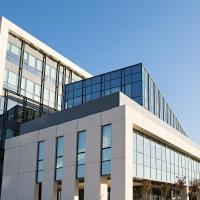
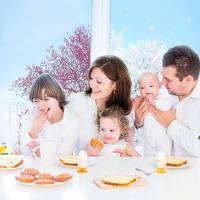
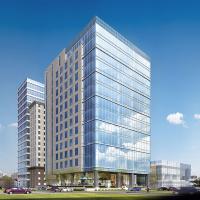
Add new comment